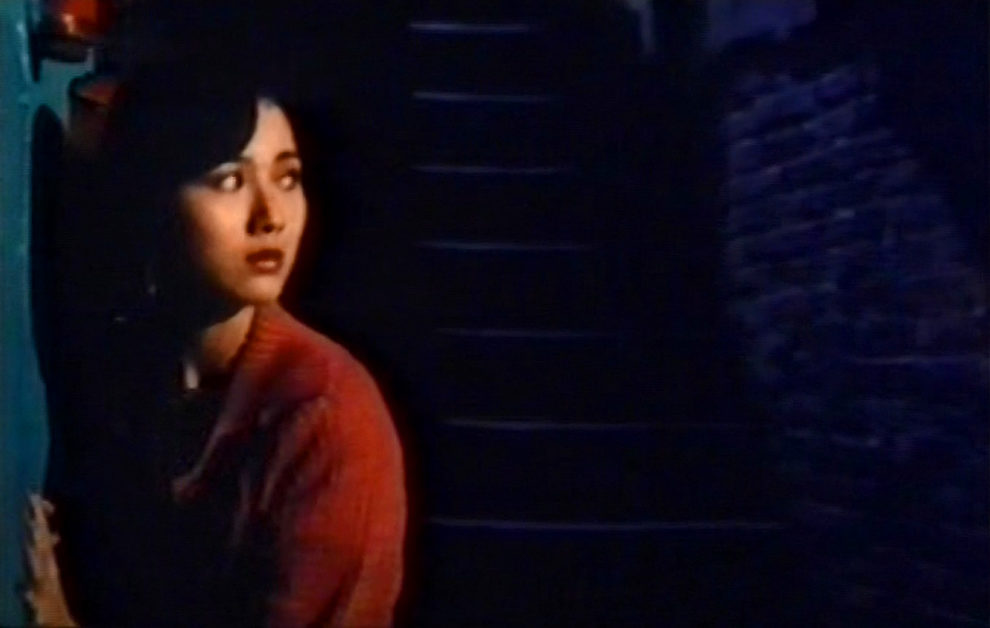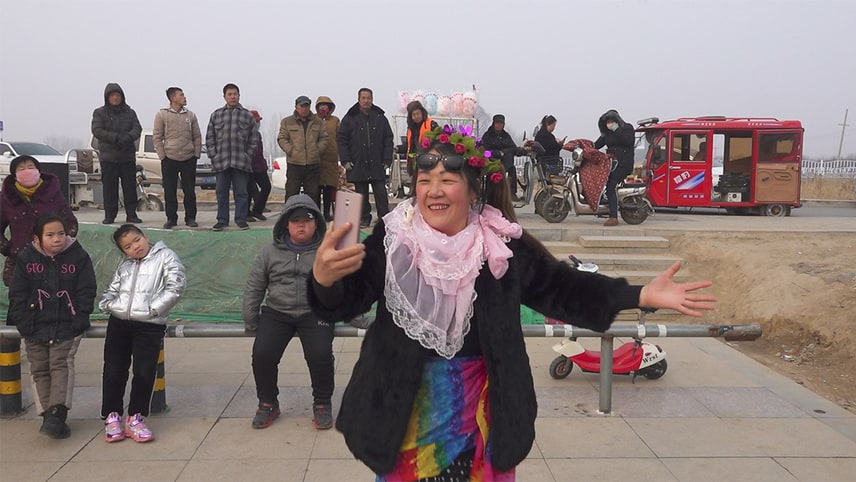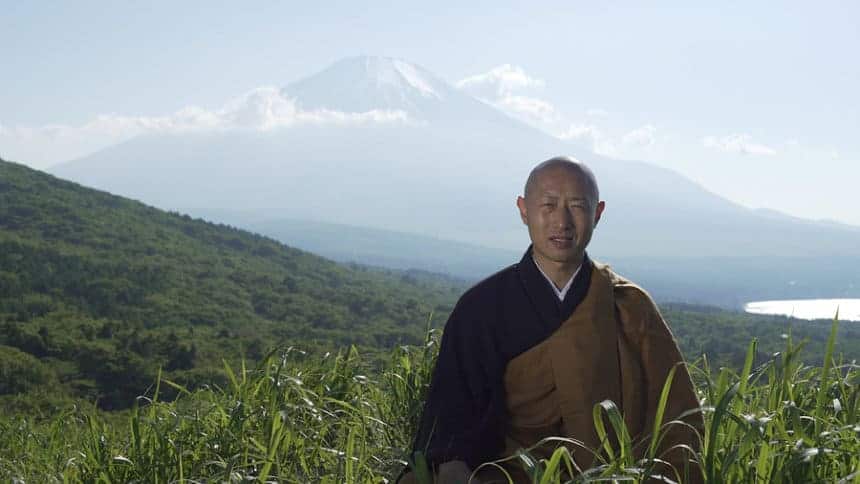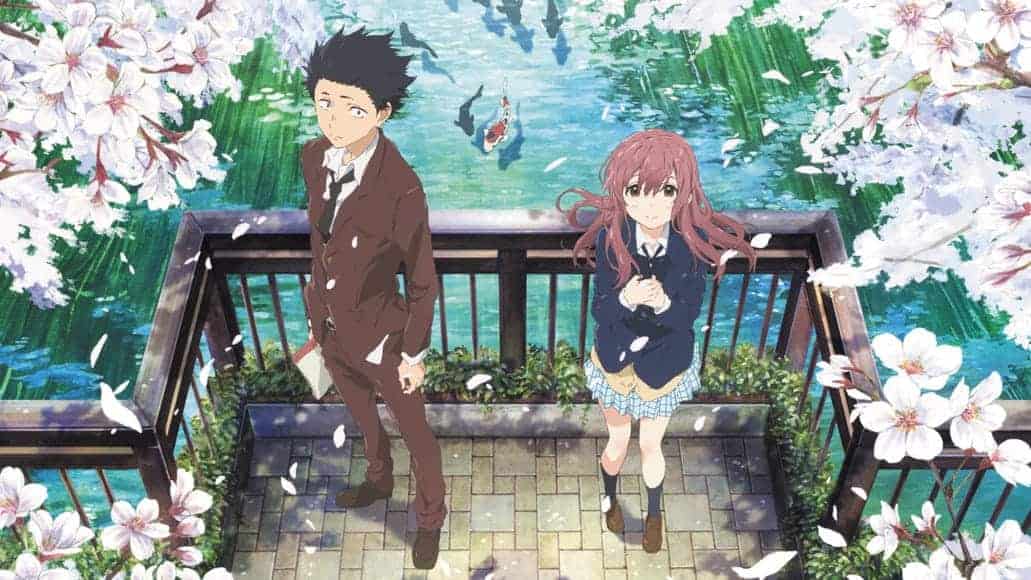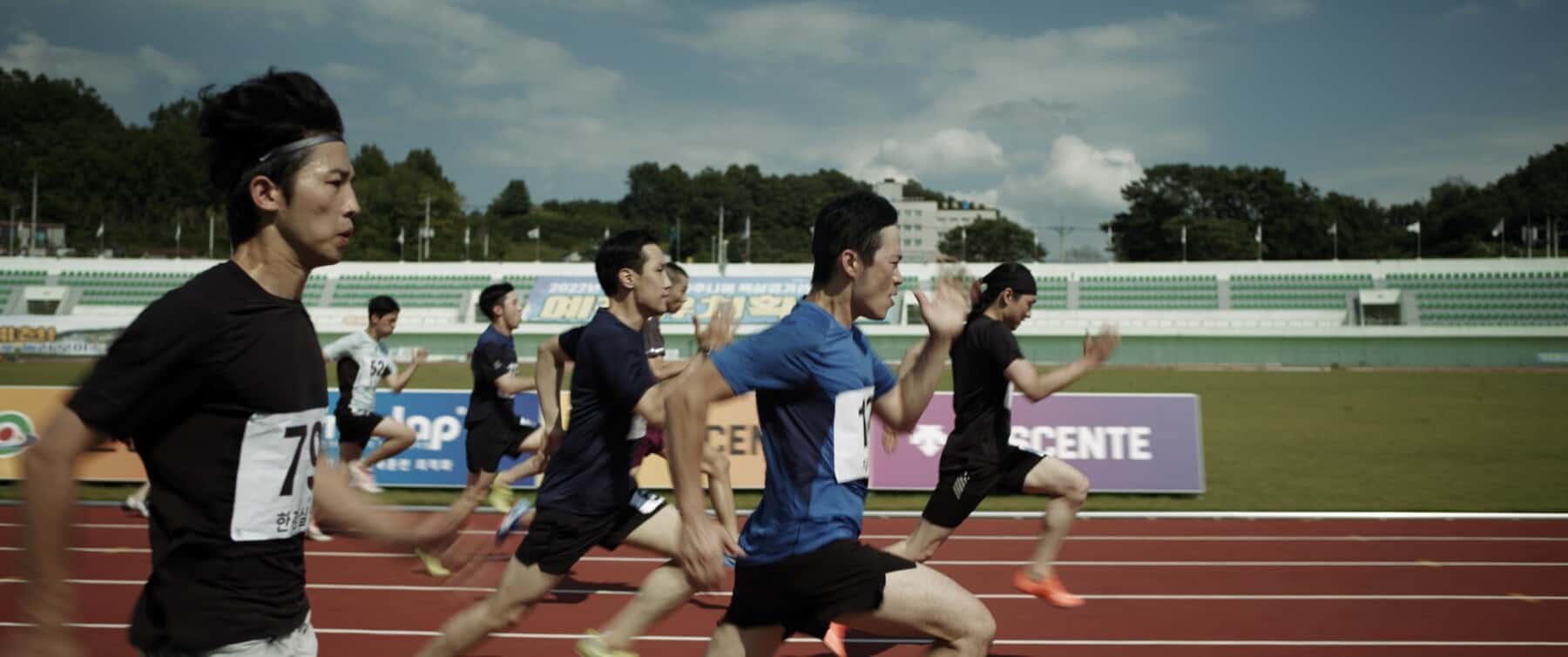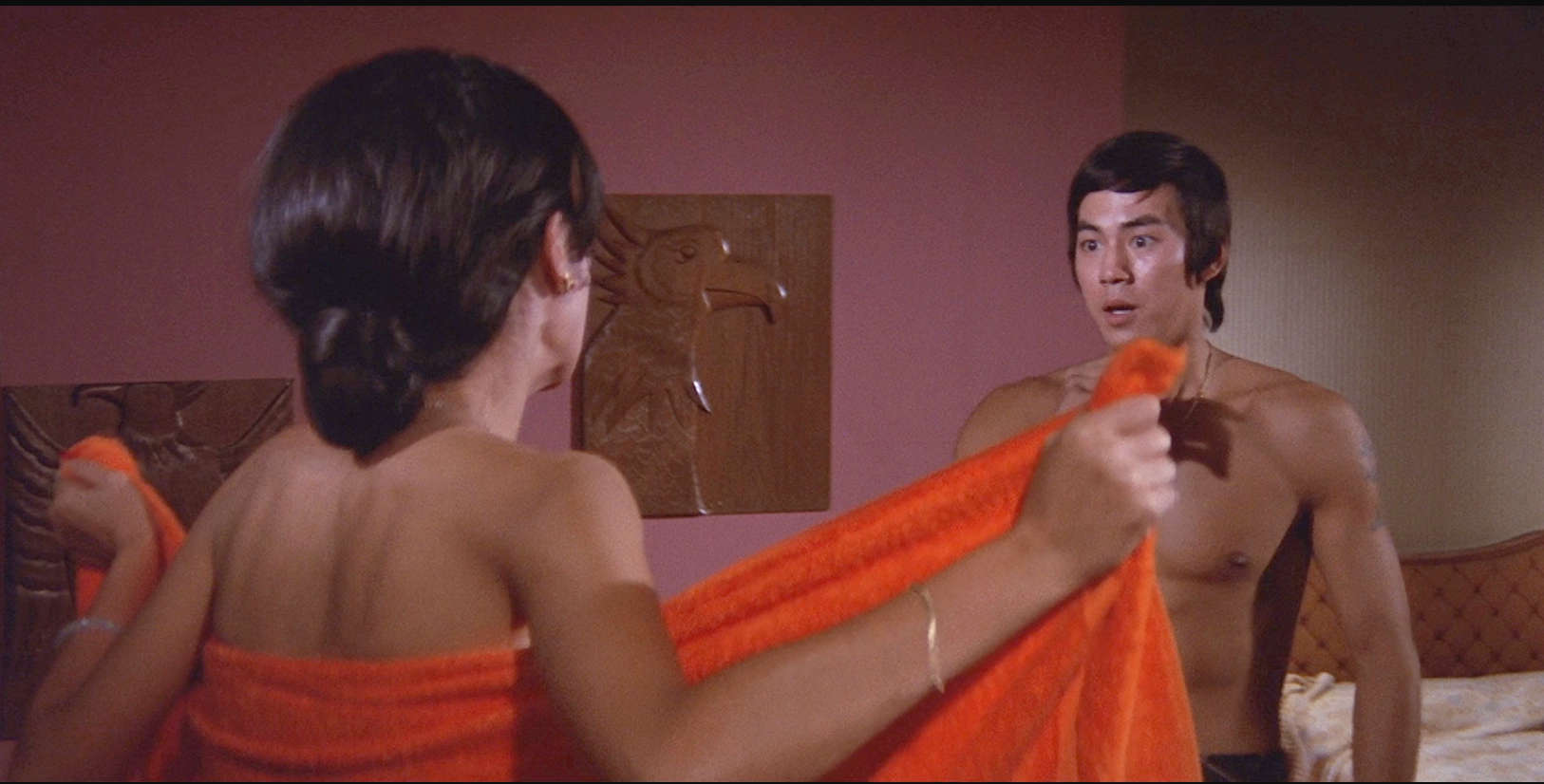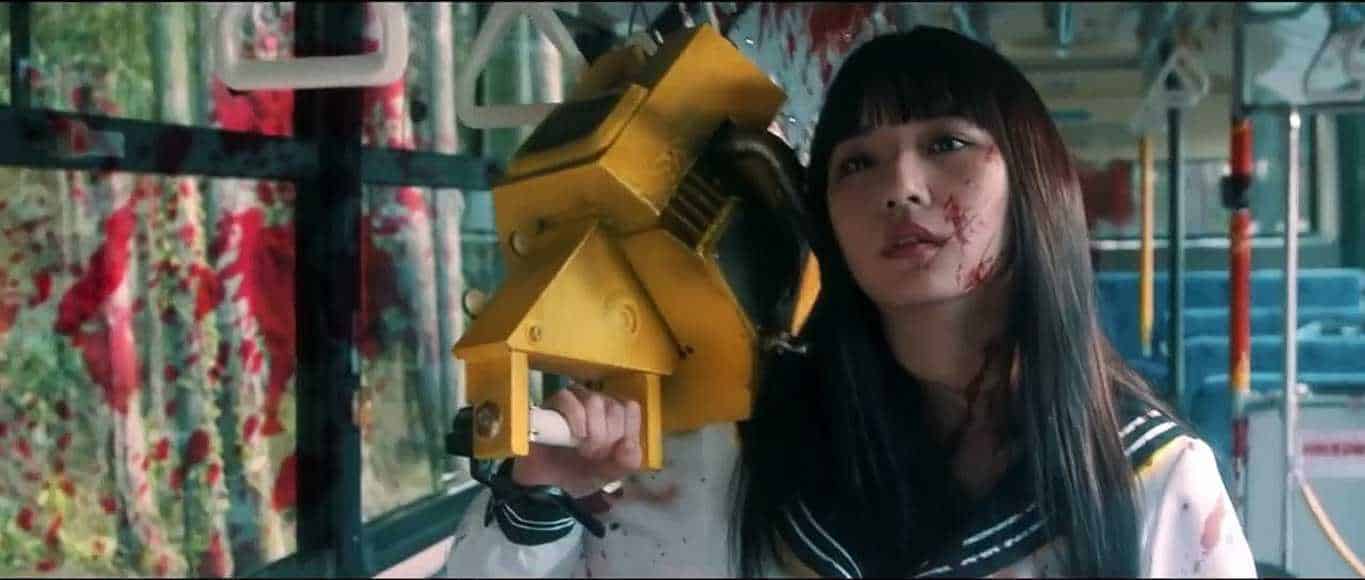Amongst a group of films – such as Yim Ho's “The Extras” and Alex Cheung's “Cops and Robbers” – that ushered in the Hong Kong New Wave, “The Secret” is the debut feature by veteran and prolific directress Ann Hui. Like many of her fellow directors of the New wave Movement, she received her film education abroad, at the London Film School, after a degree in English and Comparative Literature at the University of Hong Kong and she proceeded in working briefly as an assistant to the director King Hu and then making television films for Radio Television Hong Kong (RTHK) and Television Broadcasts Limited (TVB). Her experience with local broadcasting corporations mixed with her European film studies resulted in an accomplished and excitingly fresh piece of work.
In the opening credits a Taoist funeral ritual is being performed and we are thrown immediately into a mood of superstition and death. In fact, very early in the movie a double murder is discovered in the wood outside the city; a young couple has been brutally killed and exposed hanging among tree branches in the outskirt of Hong Kong. The victim, as we learned during a rather crude autopsy scene, are Li Yuen (Angie Chiu) and her fiancée, the young doctor Yuen Si-cheuk (Alex Man). The autopsy detects no sign of sexual violence and the police is left groping in the dark until the pressure from the public leads them to single out as culprit a mentally unstable young guy Ah Saw (Norman Chui) who lives with his mum (Leung Suk Hing) near the murder site.
Enter Lin Jeng-ming (Sylvia Chang), a neighbour and friend of the victim Li Yuen and her family, and also a nurse in the same hospital in which Yuen Si-cheuk had worked as a doctor. Lin is not convinced by the too easy solution provided by the police and she starts investigating and piecing together – with the aid of Li Yuen's blind grandma (Cho-Cho Lai) – a series of clues, memories, feelings and also some eerie epiphanies of a red cladded woman. Her stubborn researches will take her far from Hong Kong, to Macau, and far from what the murder scene seemed to show initially at a superficial glance.
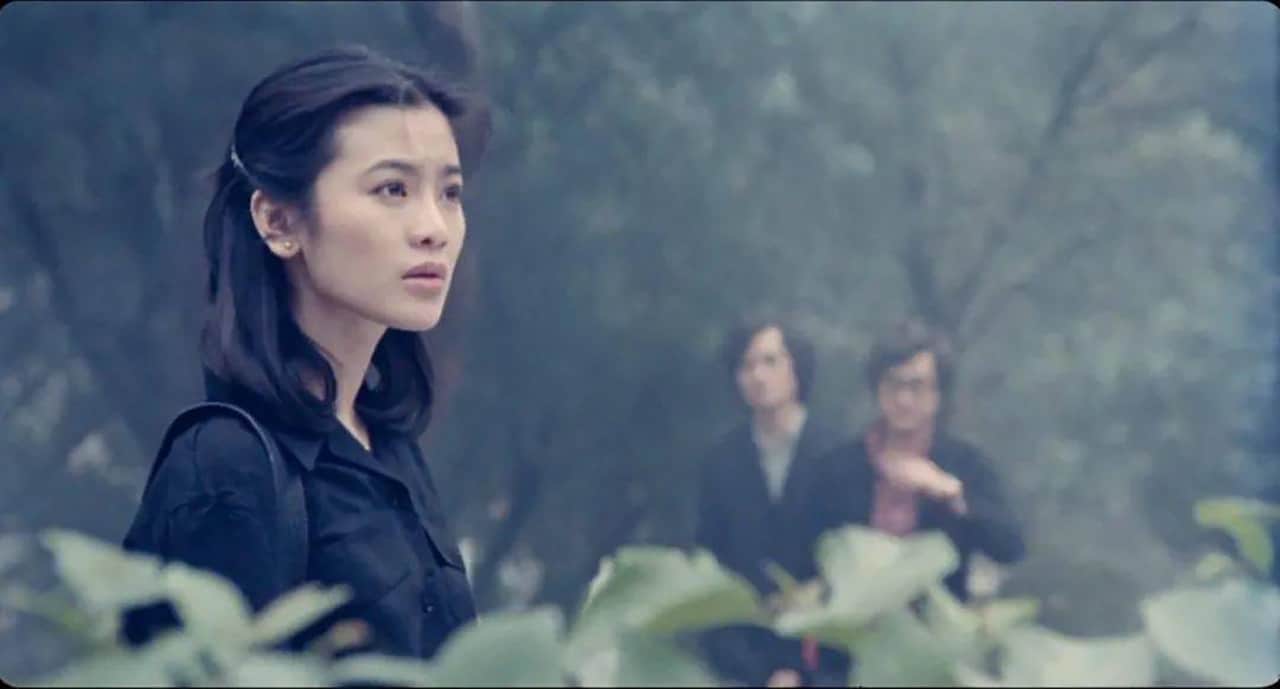
The murder plot of “The Secret” is based on the true-life “Double Corpse Murder Case” in the Mount Lung Fu, an event that occurred in Hong Kong in 1970 and Hui has injected this very local case with a whirlwind of classic suspense-thriller, mystery and horror tropes. After a rather disorientating beginning, where lots of characters and settings are introduced in a timeline often disrupted by flashbacks, the narration starts to cleverly show the keys to untangle the initial confusion and the film becomes irresistibly grabbing, like a proper fictional murder mystery. And I say “proper” only because films based on real crime cases may sometimes lack a certain cinematic “pizzazz”, unlike “The Secret”.
Often compared to the work of Nicolas Roeg “Don't Look Now” for its cross contamination between psychological drama and elements of horror and thriller, and – not least – for the ghostly manifestation of a red dressed mysterious character, “The Secret” has indeed a western flavour in its narrative elements. Even the colour red, which is a symbol of good fortune in Chinese culture, becomes here an uncanny omen. However, the characters are firmly grounded in the local atmosphere, from the leafy setting in Lung Fu Shan in the Western District of Hong Kong Island, to the typical family and neighbour community, to the frequent Taoist references.
Lin moves comfortably through this familial network, doing what the premises of the film have designated her to do – untangle the riddle – while her attention to the sorrow and pain of the people affected by the case is a hint of what will become the director's trademark compassion for ordinary peoples. The blind grandmother for example, with her awareness of any sensorial stimuli but also her enhanced empathy, becomes a crucial player on the chessboard.
A wonderful Sylvia Chang gives Lin lots of character and a confident aura; she is our solid guide through a narration that goes back and forward in time, and she fulfills the expectations in a neat narrative arc. Hui's direction is bold and assured, manipulating the original thematic material into the commercial murder mystery genre conventions, peppered with rather graphic depiction of gore and crude nudity. Every screenshot could be a perfect cover for a Giallo, the 70's Italian pulp fiction crime book series. As a bonus the feminine team extends behind the scene with scriptwriter Joyce Chan, composer Violet Lam and producer Audrey Li.
A bright debut for a directress that managed to analyse Hong Kong identity within the frame of a commercial success.


